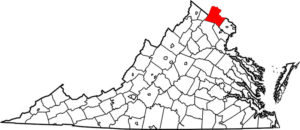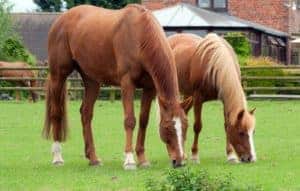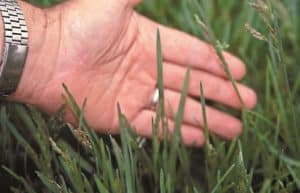Latest News – The Horse

Survey: Men, Non-FEI Sport Competitors More Likely to Ride With Spurs
British researchers investigated spur use in riders. Here’s what they found.

Evacuating When You Have More Horses Than Trailer Spots
Dr. Rebecca Gimenez-Husted shares insight on how to handle this difficult situation during an emergency.

How to ID a Horse During Wildfire
Our expert, Dr. Rebecca Gimenez-Husted, offers suggestions on how to mark your horse with identification in case of wildfire.

Virginia Horse Tests Positive for Equine Herpesvirus
Two Maryland horses were also exposed. Officials have quarantined the Loudoun County premises.

Nevada Horses Confirmed With Neurologic EHV
The affected Clark County facility is under mandatory quarantine.

First Kansas Horses Confirmed With VSV in 2019
Kansas becomes the eighth state with confirmed vesicular stomatitis virus this year.

Dealing With Rain Rot in Horses
Any horse can get rain rot, but horses with compromised immune systems from systemic disease or malnutrition are most likely to be affected. Learn how to prevent and treat this frustrating skin condition.

What Is a Maintenance Diet for Horses?
Our equine nutritionist explains what the term “maintenance diet” means and how it applies to your horse.

Larger, Harder Pelleted Feeds Might Improve Horses’ Digestive Health
By prolonging feeding time and stimulating more saliva production, large pellets of concentrated feeds could extend mealtime and offer protection from gastric ulcers.

Medical-Grade Honey Helps Horse Wounds Heal
The secret to better equine wound healing might have been with us all along, thanks to bees.

Do Bronchodilators Help Horses With Equine Asthma?
Researchers set out to determine whether these inhaled medications simply relieve airway constriction for horses with heaves or, more importantly, improve lung function. Here’s what they found.

Bisphosphonates for Horses: A Review
Texas A&M researchers reviewed the current body of knowledge surrounding bisphosphonates and their use in horses. Here’s what they found.

Gut Microbes Don’t Differ Significantly Between Horse Breeds
Researchers investigated whether microbiome composition could be breed-specific and, therefore, influence horse health and behavior.

UK Ag Equine Programs Leadership Transitions to MacLeod
James N. MacLeod, VMD, PhD, steps into the program’s director position for the second time. He also served as its first leader shortly after the program’s formation.

The Grass Guide: Kentucky Bluegrass
Bluegrass is an excellent horse pasture forage because it’s nutritious, palatable, and tolerant of close grazing.

Virginia Tech Improves and Expands its Equine Neurologic Treatment Stall
The stall is designed to keep horses and caretakers safe during treatment for neurologic conditions and diseases.











